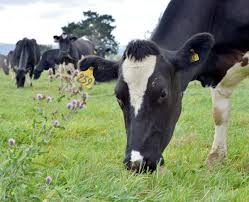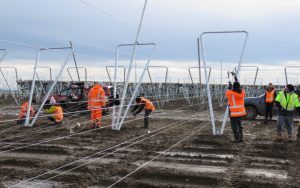
Plans to establish the school, next to the academy-affiliated New Zealand Airline Academy, were announced in August last year.
It was due to open this month, but the academy was not able to fill classes.
The issue arose when six overseas visa processing offices were closed by Immigration New Zealand last year.
Typically, about 25% of students at the academy’s dairy courses were from overseas, the majority from the Philippines.
Without them, the academy was instead focusing on its courses in Christchurch rather than expanding its operations, as at this point it was not considered financially viable.
Speaking to the Otago Daily Times last week, National Trade Academy managing director Craig Musson said he was leaving for the Philippines on Saturday to meet agents and discuss the application process and how they met instructions handed down by Immigration New Zealand, and also to discover what had changed in terms of “risk and verification”.
He said when Immigration New Zealand closed its office in Manila and relocated it to Palmerston North, applications started to be analysed more closely, which had in turn impacted on the academy’s student numbers.
“The Palmerston North office have been looking at the applications I believe differently, with more scrutiny, and we believe not fully understanding the Philippines market.
“The type of student coming has not changed. What has changed is they look at their source of funds and how much they’ve got for maintenance, so they are the big changes. I suppose what we are not recognising here in New Zealand is that we’re trying to impose a Western society on countries that are cash societies. That doesn’t just include the Philippines. That includes other countries in South America and Asia, as well.”
He was confident the issue could be resolved, but in the meantime was concerned that farmers who have traditionally hired academy graduates could struggle to find staff, including in North Otago.
“There is going to be very few graduates available for them at least over the next couple of months.”























